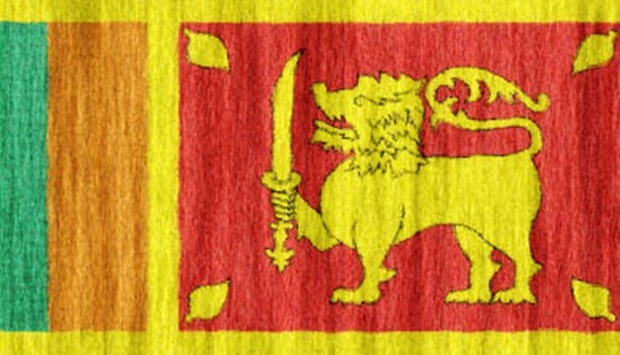The International Monetary Fund (IMF) said yesterday it was on track to agree a bail-out loan for Sri Lanka, which is facing a balance of payments crisis.
It said it had made progress in talks with Sri Lankan Prime Minister Ranil Wickremesinghe and other leaders towards a deal that could be finalised within two weeks.
“The mission made significant progress toward a staff-level agreement with the government on an economic program that could be supported by a 36-month Extended Fund Facility (EFF),” the IMF said in a statement.
It did not say how much would be provided, but Sri Lankan officials had said they were seeking about $1 to $1.5bn immediately.
An EFF is designed to help countries resolve serious balance of payment problems brought on by structural
weaknesses in the economy.
The IMF said Sri Lanka needed to take further steps to remove “bottlenecks” to trade and investment and enhance access to finance.
The remarks came a day after Premier Wickremesinghe announced legal reforms to encourage much-needed foreign investment in Sri Lanka’s
slowing economy.
Sri Lanka enjoyed a blistering economic growth rate averaging more than 8% for two years after a prolonged civil war ended in 2009. But the pace of expansion has since slowed, falling to 4.8% in the third quarter of 2015, according to official data.
The IMF said it expected Sri Lanka’s economic growth in 2016 to remain around 5%, but the country had the potential to perform better.
Wickremesinghe’s government sought an IMF bailout immediately after taking power in January last year, but the fund turned down the request, saying the country’s reserves were at a comfortable level then.
It received $2.6bn from the IMF in 2009 to boost its financial reserves, which had dropped below $1bn at the height of fighting between Tamil Tiger rebels and government forces.

SRI LANKA
